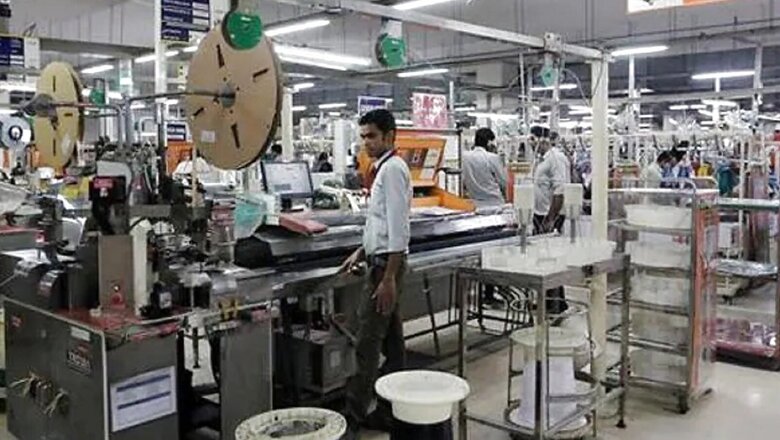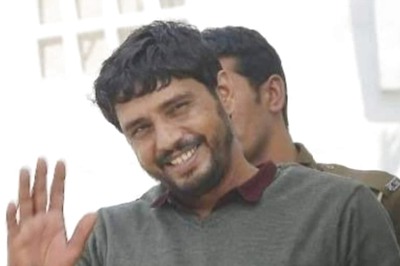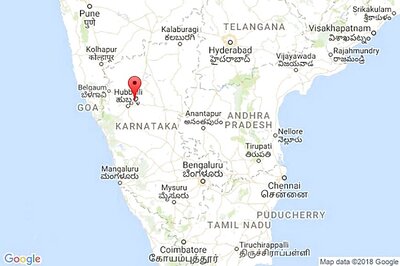
views
BThe Small Industries Development Bank of India (SIDBI) had announced that it launched several micro, small and medium enterprises (MSMEs) cluster development initiatives. With this, the SIDBI is ready to undertake the diagnostics of around 100 clusters and plan further engagement in 15 clusters. This has been done in an attempt to identify and execute a multi-pronged strategy that will enable and impact MSME clusters on the local, regional, national and global value chain levels.
The SIDBI has been supporting MSMEs so far through its focused cluster development initiatives such as support for technology up-gradation/modernisation, skilling/re-skilling/up-skilling and market linkages. Over time the cluster development strategy under the SIDBI has evolved. It has gotten to a point where it can now cater to over 600 MSME clusters according to a press release. There are some noteworthy engagement initiatives in this launch. One such engagement is the EU Switch Asia that impact 18 clusters in around 9 states across India. Then there is the cluster outreach programmes that are driven to set up Project Management Units (PMUs) in around 11 states that aim to focus on clusters and state cooperation. Other notable engagements include the State Rural Livelihood Missions (SRLM) as well as the Artisanal Cluster and Engagement in One District One Product (ODOP).
The financial entity has been a regular supporter and advocate of the MSMEs in the country and has been methodically pushing publications and policy papers to aid in this endeavour. Debasish Panda, the Financial Services Secretary, was the first to launch an information series dubbed, ‘Diagnostic Mapping of Cluster- Charting the Path ahead through Intervention’. This marked the beginning of the newly oriented focus of the SIDBI on the cluster strategy aimed at the MSME clusters said the release. Speaking on the launch, the SIDBI said, “It compiles the findings that emerged out of diagnostic studies in 30 clusters. It contains recommendations and action plan for financial and non-financial issues, interventions suggested at the policy, cluster and unit level.”
Adding to this, the SIDBI Chairman and Managing Director S Ramann was quoted as saying, “We are giving a thrust to hard infrastructure support to state governments. DFS and Reserve Bank of India have supported us in setting up the SIDBI Cluster Development Fund.”
He went onto state that the soft infrastructure engagement would complement the hard infrastructure. He said that the SIDBI had initiated the mapping exercise of around 100 clusters alongside the cluster experts. “In line with cluster experts we have initiated the mapping exercise of 100 clusters such that the implementation by SIDBI and other institutions can lead to sustainable growth of clusters,” said Ramann.
As the typology of the cluster development generally involves both hard and soft infrastructure, the financial entity launched the Business Development Services intervention programme in 5 clusters. These are Tourism Cluster Jammu & Kashmir; Delhi-NCR Innovation Cluster; Jodhpur Wood Furniture Cluster, Sambalpur Textile Cluster, Chennai Leather Cluster. This was done to better serve the soft infrastructure. The end goal of the intervention is to ultimately strengthen the MSME clusters and help them to evolve into model clusters. There is also the added aim of trying to increase their access to services that would enable these clusters to rise up the value chain the release stated
Additional Secretary in Department of Financial Services (DFS) Pankaj Jain and Joint Secretary in DFS Madnesh Kumar Mishra were also present during the launch event.
Read all the Latest News, Breaking News and Coronavirus News here.


















Comments
0 comment